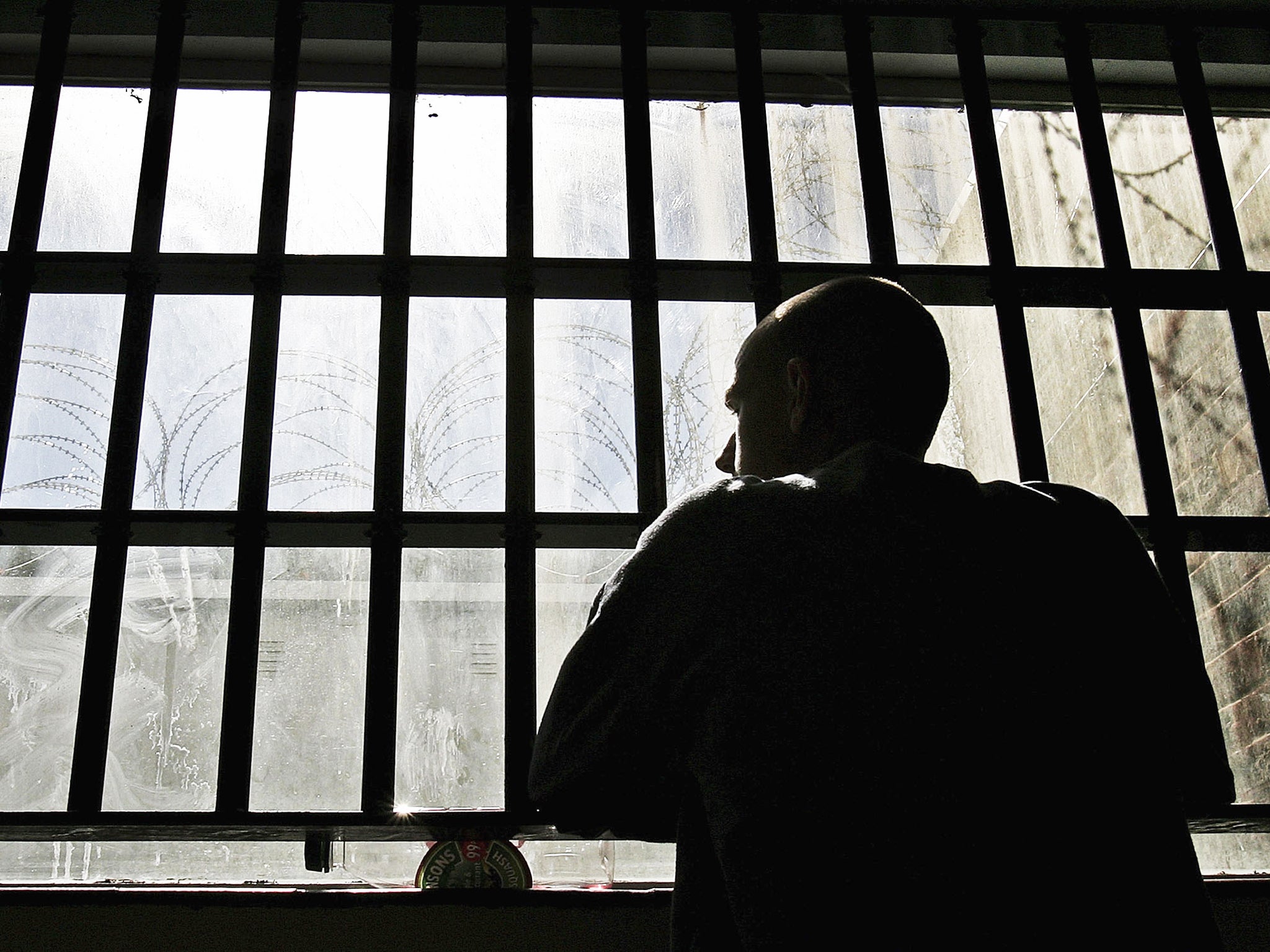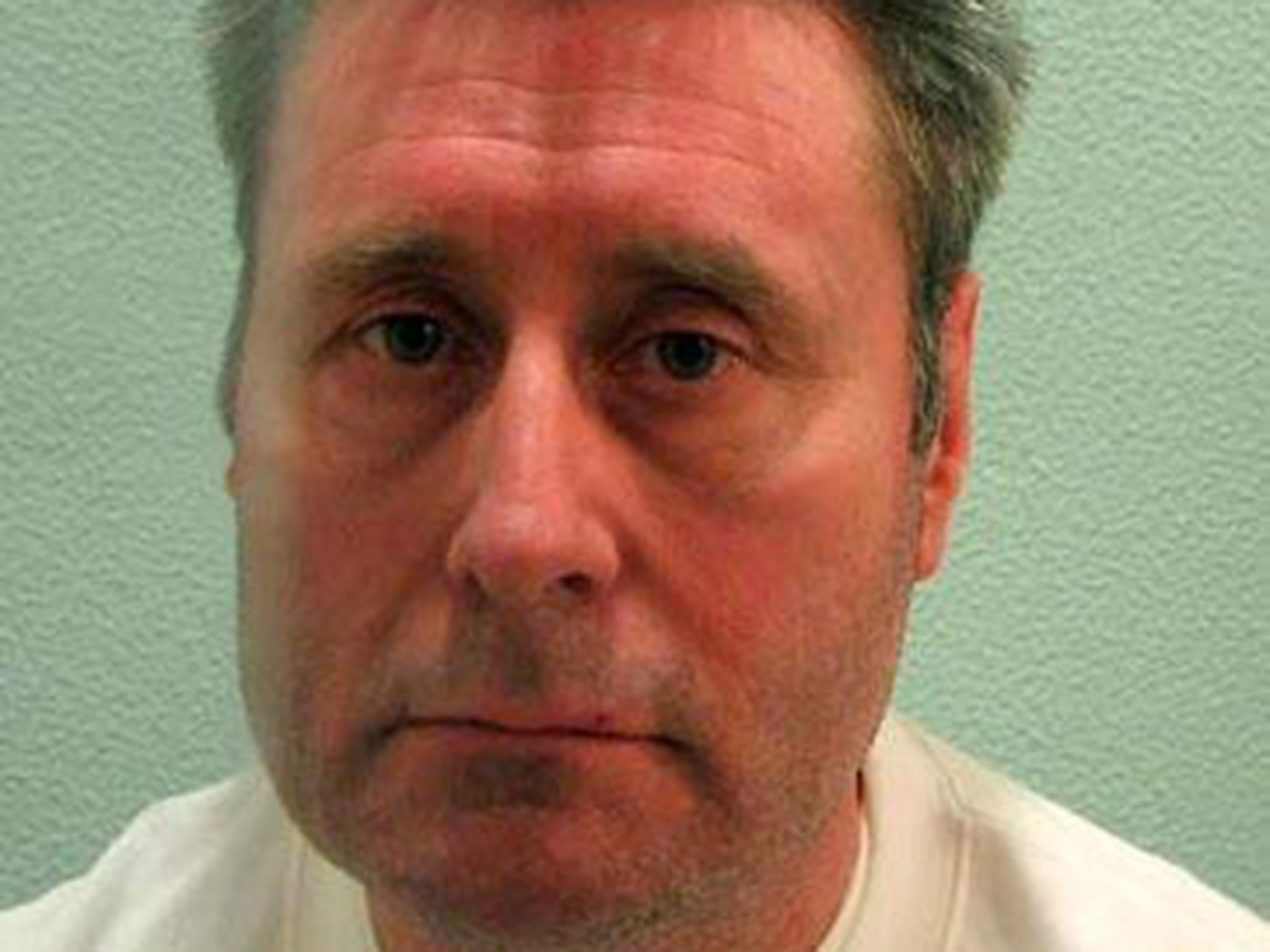John Worboys case sparks government review of decisions to free other prisoners from high-security jails
Ministry of Justice looking for potential concerns after court hears move is 'extremely rare'

Parole Board decisions to release six prisoners from high security jails will be reviewed in the wake of failings in black cab rapist John Worboys’ case.
During a judicial review of how he was judged to no longer be a risk after serving nine years of an indeterminate sentence for public protection, the High Court heard it was “extremely unusual” for inmates to be freed from Category A prisons.
They house convicts judged to pose the highest risk to the public, including terrorists, rapists and murderers.
Such inmates would normally be moved into medium-secure facilities and then open prisons through lengthy sentences, with the danger they pose and progress with rehabilitation tested at each stage.
The Parole Board said only six people had been freed directly from Category A prisons into the community – as Worboys would have been – in the 2016/17 financial year.
Judges said the move must be “exceptional, strong reasons to justify it must be identified, and a more cautious, orthodox approach should be given considerable weight”.
“There are obvious advantages in subjecting a prisoner to regimes of lessening stringency in order properly to test the robustness of the risk assessment,” they concluded.

Details of the six cases were not disclosed in court and the Ministry of Justice said it was requesting further information from the Parole Board.
“The secretary of state has asked the department to verify that there are in fact six cases of Category A prisoners that were released – and to check if there were any concerns in those cases and in any other release decisions from Category A since,” a spokesperson said.
Even if issues are raised, David Gauke will be powerless to recall the convicts to prison unless they breach their licence conditions or commit another crime.
But he may make representations to the Parole Board to strengthen controls on their movement, as was done in the Worboys case before the decision to release him was quashed following a legal challenge by victims.
Judges found a panel had accepted the serial sex offender’s attempts to minimise his actions at face value and failed to properly investigate evidence showing the full scale of his crimes against women.
Worboys, now 60, was convicted on a sample of 19 offences against 12 women between 2006 and 2009, but police believe he sexually assaulted more than 100 victims dating back to 2003 at least.
Police are believed to be investigating new reports on Worboys by alleged victims who came forward for the first time during the judicial review, but no fresh charges have yet been announced.
The Parole Board initially imposed conditions making him live at a specific probation hostel and under a curfew, notify supervisors of personal relationships with women and banning the deletion of internet history or having a second phone.
The National Probation Service later applied for Worboys to be excluded from Greater London and Sussex, while being monitored using a GPS tag.
Licence conditions will be considered once again when the Parole Board holds another hearing over his potential release, which is not expected to take place for several months.
The body’s former chair, Professor Nick Hardwick, was forced to resign before the result of the judicial review was publicly announced earlier this week.

He argued that the Ministry of Justice was equally responsible for failings in the Worboys case because it failed to include vital pieces of information in a dossier used in the hearing that released him.
“I absolutely accept that the Parole Board was at fault in these matters,” he told BBC Radio 4’s Today programme.
”I don’t accept that we were any more at fault than the Ministry of Justice and I don’t believe that the right lessons will be learned from this case if the only people accepting any responsibility for the things that went wrong here is us.“
Mr Hardwick stopped short of calling on Mr Gauke to resign but said he must “accept responsibility for the mistakes that were made because that is the only way that things will be put right”.
While being questioned by MPs, the justice secretary admitted that “it may well have been the case that information should have been included that wasn’t provided” and apologised to Worboys’ victims.
But he placed the blame firmly with the Parole Board for failing to probe the evidence available and said it was “right” for Mr Hardwick to stand down.
He announced a review of all Parole Board rules and said he had already decided to abolish the unlawful “Rule 25”, now allowing victims to be given information on the release of prisoners, as well as creating a mechanism to challenge decisions.
One of Worboys’ victims and her lawyers said the Parole Board chair had been “scapegoated”.
Harriet Wistrich, a solicitor for the two women who launched the judicial review, said: “This case from start to finish has illustrated the weakness of our criminal justice system to tackle serious sexual offending, from the failures of the police to adequately investigate; the weakness of CPS decision making selecting only a small number of cases to prosecute; the failure of the secretary of state to ensure the Parole Board had all the necessary and relevant evidence; the failure of probation to consult all the victims, to ultimately the incomprehensible decision making of the Parole Board itself.”
The influential Criminal Bar Association said the entire justice system was in chaos, while calling for lawyers to refuse legal aid work in protest at “relentless cuts” by the government.
The body said 90 per cent of barristers surveyed supported the move as part of the “fight to improve the justice system for us and everyone else”.
“Prisons, courts, the police and probation services are underfunded and in chaos,” said chair Angela Rafferty QC. “The system is desperate, as are we.”
Bookmark popover
Removed from bookmarks